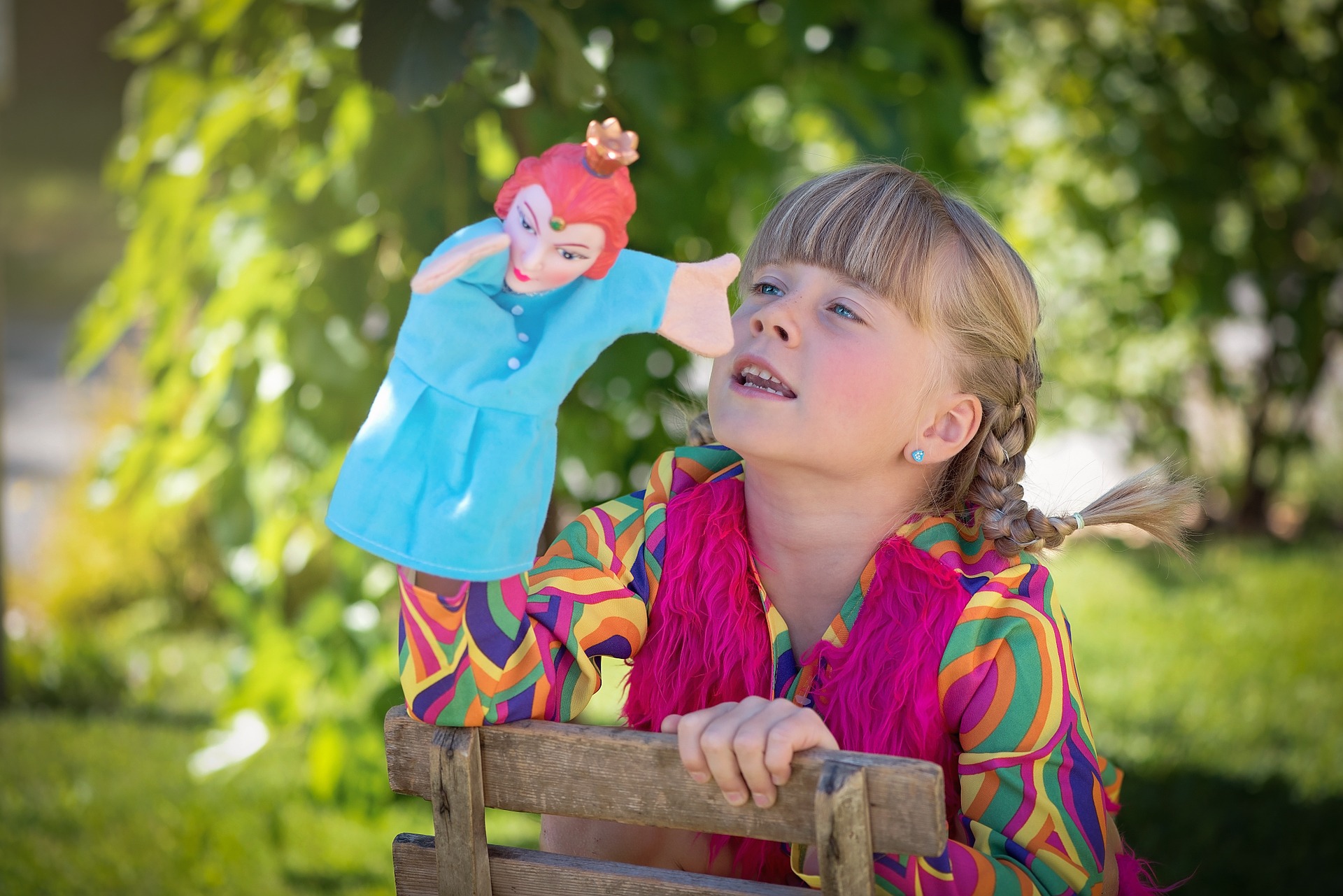News release
From:
Does helping now excuse cheating later? An investigation into moral balancing in children
Royal Society Open Science
The moral balancing effect, often observed in adults, describes how moral behaviour is often followed by immoral behaviour, and vice versa. We investigated whether children also show this effect. Four-to-five year old children were prompted to either help or not help a puppet, and then played a game during which they had a chance to cheat. We found no differences between the children who helped and did not help in terms of cheating behaviour, suggesting that children do not display this behaviour until they are older, or that the tasks we used were not able to produce the effect.



 Australia; QLD
Australia; QLD



